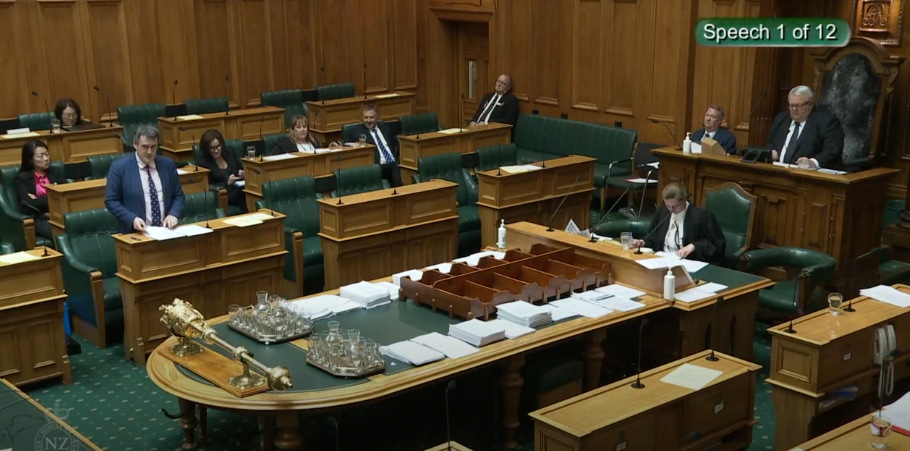The Government is attempting to deliver on its promise to reform tenancy laws in New Zealand.
Housing Associate Minister Kris Faafoi has confirmed that several changes to the Residneutal Tenancies Act will go through the legislative process next year.
The key changes include:
– Limit rent increases to once every 12 months and banning the solicitation of rental bids by landlords.
– Improve tenant’s security by removing a landlord’s right to use no cause terminations to end a periodic tenancy agreement.
–Require that fixed-term tenancy agreements must become periodic tenancy agreements upon expiry unless: both parties agree otherwise, the tenant is not meeting their obligations, or specified grounds for the tenancy to end apply.
– Making rental properties safer and more liveable by letting tenants add minor fittings such as brackets to secure furniture against earthquake risk, to baby proof the property, install visual fire alarms and doorbells, and hang pictures.
– Improve compliance with the law by increasing financial penalties and introducing new tools to take direct action against parties who are not meeting their obligations.
– Soliciting rental bids, for example, by advertising a property without a rental price, will be prohibited.
– A party who is successful in the Tenancy Tribunal can have their identifying details removed from the Tribunal’s decision.
“With more and more people renting, the law should provide enough security to responsible renters to put down roots in their community,” Faafoi said.
“Greater security of tenancy and less regular rent increases, coupled with the ability to make minor improvements, mean renters will be better placed to make their house a home.
A survey of 1,325 rental property owners however, conducted by the NZ Property Investors’ Federation (NZPIF) found that only 3% of tenants’ tenancies are ended each year through a 90-day notice.
Nearly half of these notices were issued for antisocial behaviour and disturbing neighbours.
“While the vast majority of tenants are decent people who respect others, no one wants to live next to people causing serious anti-social problems.” says NZPIF Executive Officer, Andrew King.
“In my experience, if the affected neighbours are tenants then they prefer to move themselves rather than risk arguments or threats by standing up for their rights. Moving isn’t so easy for homeowners, however, and why should good people be forced to move because of the poor behaviour of others?”
The changes will be drafted in a Bill to amend the Residential Tenancies Act 1986, which will be introduced to Parliament in the first half of 2020.




